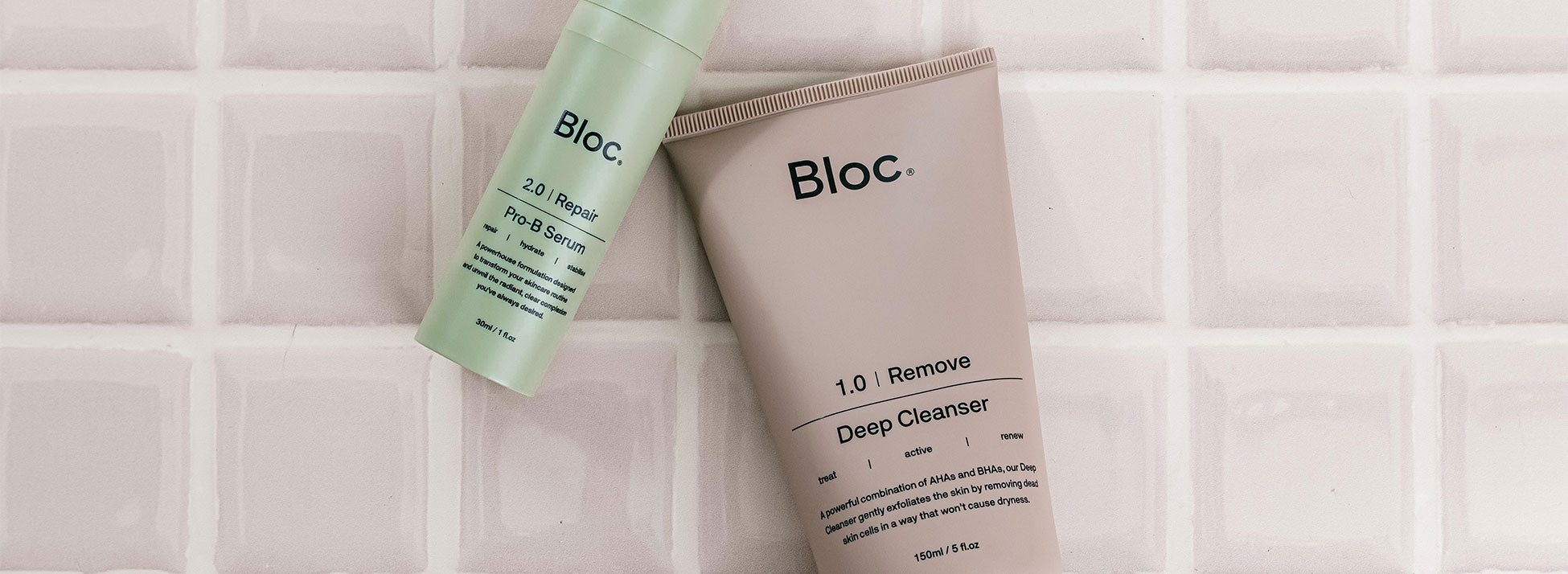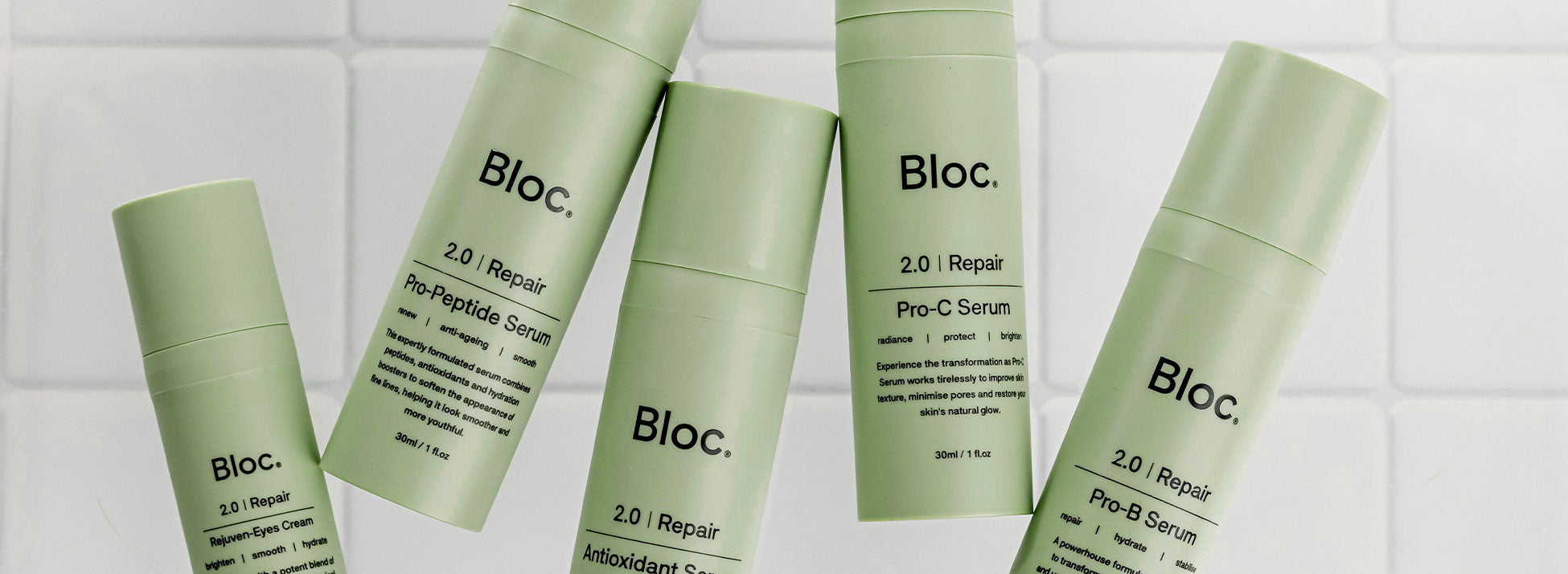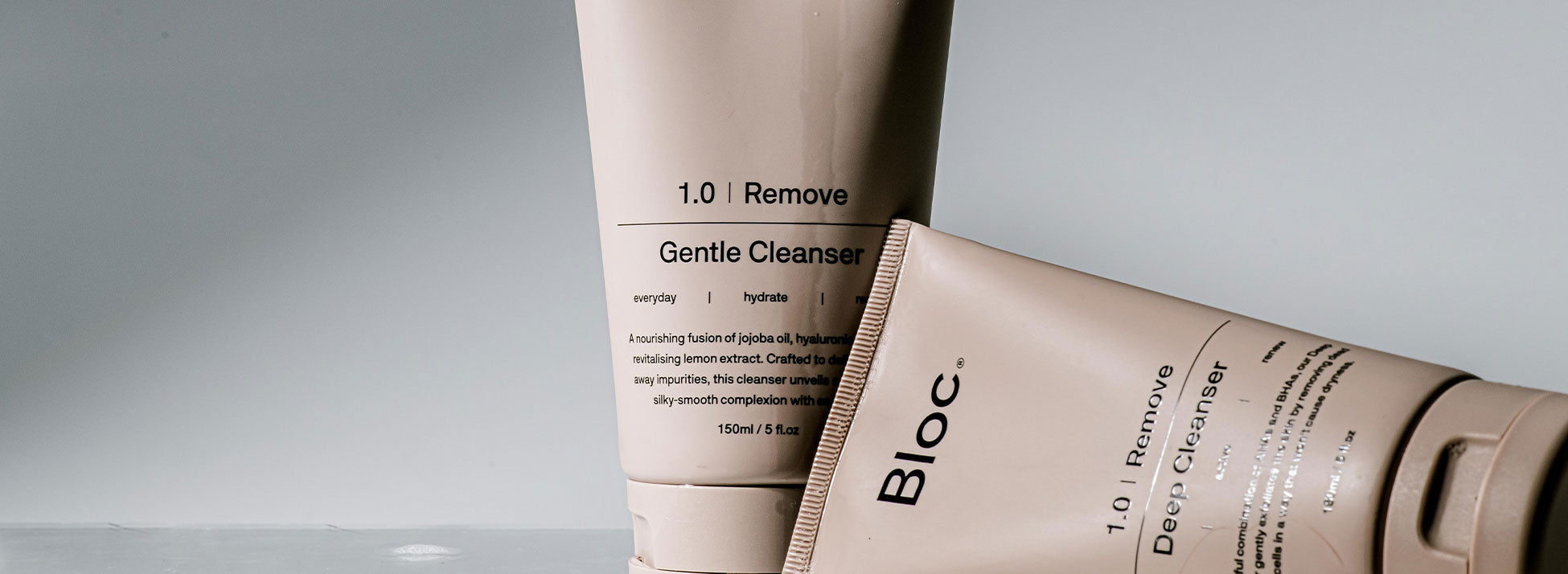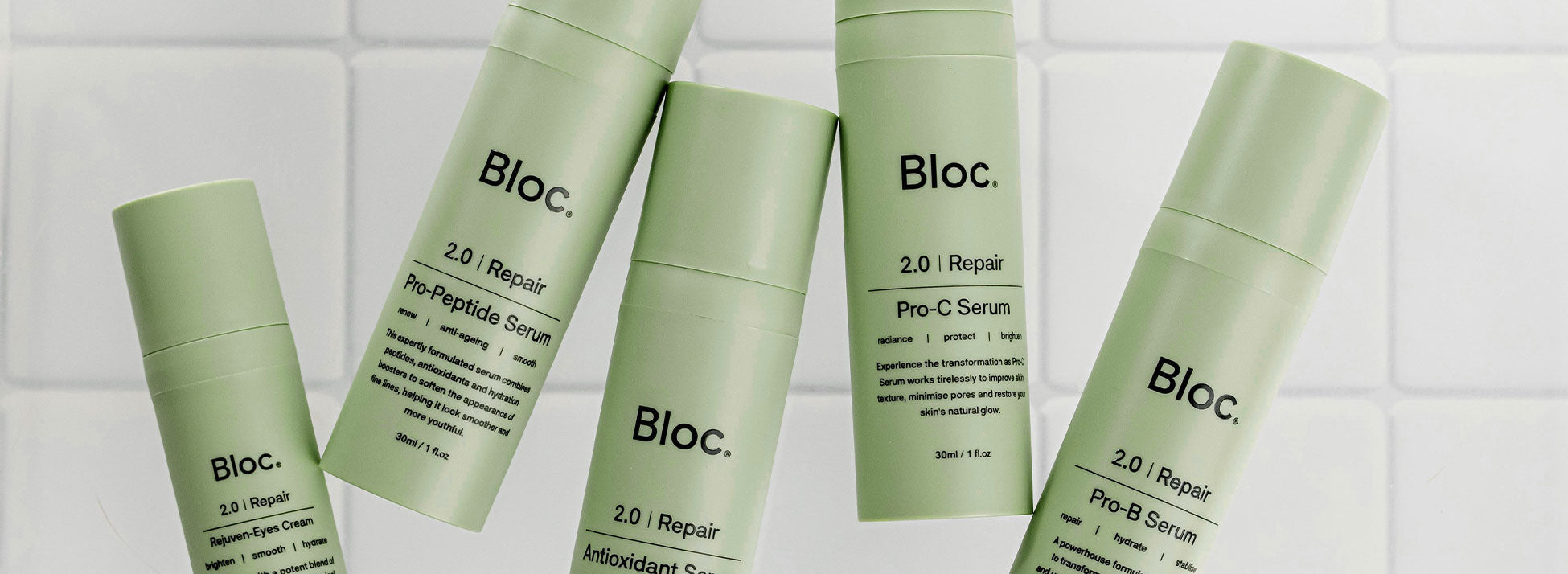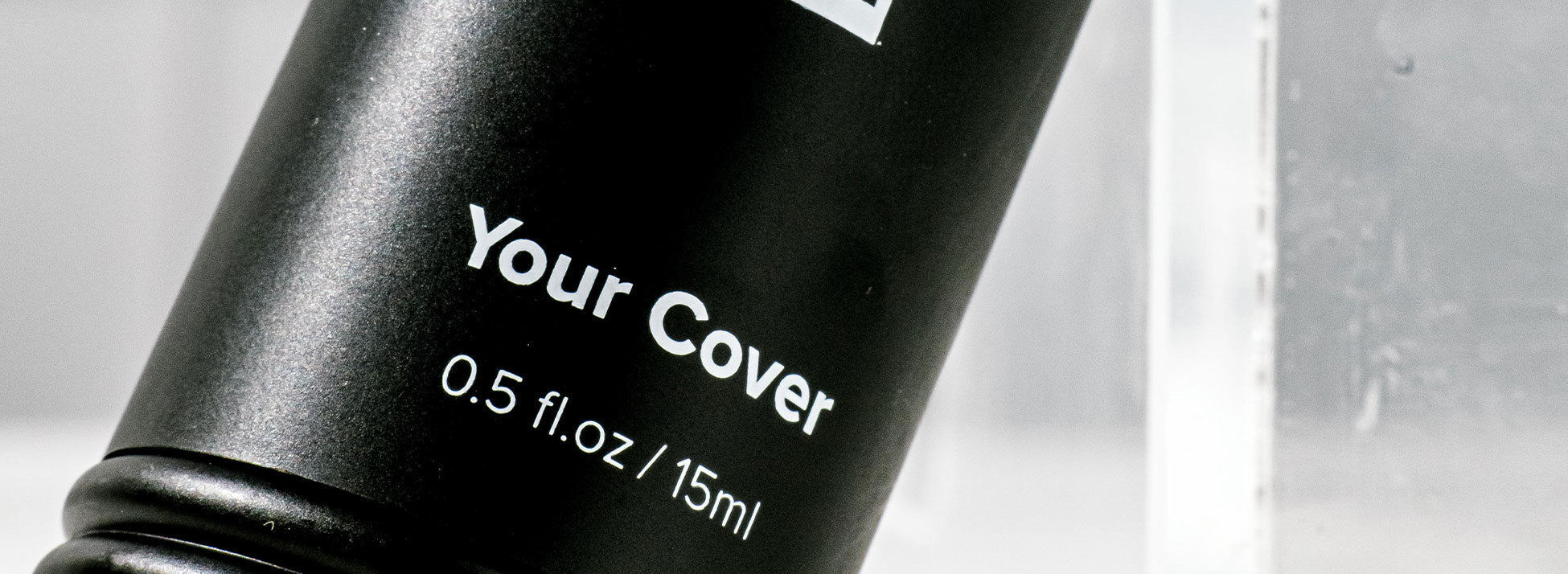Stress is an unavoidable part of life, but did you know it can take a serious toll on your skin? We sat down with dermatologist Dr. Andrew Freeman to answer some of the most common questions about how stress impacts the skin—and what you can do about it.
Q: How does stress affect the skin?
Dr Freeman: When you're stressed, your body releases cortisol, the primary stress hormone. Elevated cortisol levels can increase oil production, weaken the skin barrier, and trigger inflammation—all of which can lead to breakouts, sensitivity, and flare-ups of chronic skin conditions.
Q: Can stress cause breakouts?
Dr Freeman: Absolutely. Stress stimulates the production of sebum (oil) in the skin, which can clog pores and lead to acne. It also disrupts the skin's natural healing process, meaning breakouts may take longer to clear up.
Q: Does stress worsen existing skin conditions?
Dr Freeman: Yes. Conditions like eczema, psoriasis, and rosacea are all known to worsen during periods of stress. This happens because stress triggers an inflammatory response in the body, which can make redness, itching, and irritation worse.
Q: Why does my skin look dull and tired when I'm stressed?
Dr Freeman: Stress can impair circulation, reducing the flow of oxygen and nutrients to the skin. This can lead to a dull, dehydrated, or fatigued appearance. Poor sleep—often caused by stress—also affects skin regeneration, making fine lines and dark circles more noticeable.
Q: Can stress cause premature ageing?
Dr Freeman: Yes, prolonged stress leads to increased oxidative stress in the skin, which can break down collagen and elastin—the proteins that keep skin firm and youthful. This can contribute to the early formation of fine lines and wrinkles.
Q: What are some dermatologist-recommended ways to protect skin from stress?
Dr Freeman: Managing stress is key, but from a skincare perspective, I recommend:
- Using a gentle, hydrating skincare routine to support the skin barrier.
- Applying antioxidants (like Vitamin C) to combat oxidative stress,
- Prioritising sleep and hydration to help skin repair and regenerate.
- Practicing mindfulness or relaxation techniques to lower cortisol levels.
Q: Are there any skincare products that help counteract stress-related skin issues?
Dr Freeman: Look for barrier-repairing ingredients like ceramides and niacinamide, hydrating agents like hyaluronic acid, and soothing botanicals like chamomile or centella asiatica. If stress is causing acne, gentle exfoliants like salicylic acid can help, but avoid over-exfoliating, as this can weaken the skin barrier further.
Stress and skin go hand in hand, but with the right skincare routine and stress management techniques, you can minimise its impact. If you’re experiencing persistent skin issues, consider seeing a dermatologist to develop a tailored treatment plan.

